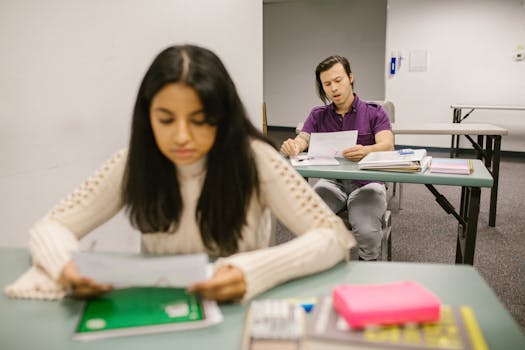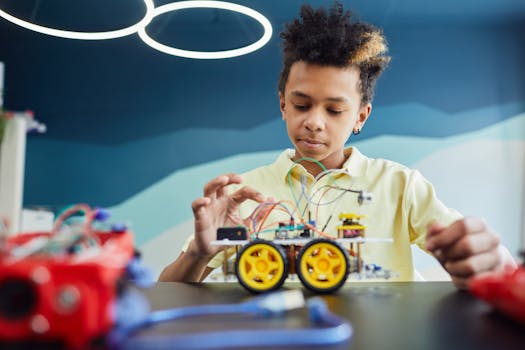
In recent years, as artificial intelligence technology has rapidly advanced, a troubling issue has emerged in US colleges: AI plagiarism. This problem not only leaves professors feeling confused and exhausted but also sparks widespread discussion and reflection. In this era of rapid technological change, how can we address this challenge?
First, let's look at some specific examples. Recently, many professors have reported finding clearly AI-generated text while grading assignments. These texts, while grammatically correct and logically sound, lack originality and depth. This not only frustrates professors but also robs students of the opportunity to improve through independent thinking and creativity. For instance, one professor discovered that the arguments and citations in an essay about Shakespeare were almost entirely sourced from an online AI writing tool. This situation is prevalent across various disciplines, from literature to engineering.


In response to this issue, professors have taken different approaches. Some have introduced more oral presentations and group discussions in their courses to reduce the reliance on AI writing tools. Others have tried using professional plagiarism detection software to identify AI-generated content. However, these measures have had mixed results. While plagiarism detection software can catch some AI-generated content, it cannot completely eliminate the issue. Additionally, over-reliance on these tools might lead students to become overly dependent on technology, further eroding their ability to think independently.
In my opinion, the key to addressing this problem lies in educational transformation. We need to rethink our teaching methods and foster critical thinking and innovation among students. This means not only teaching them how to use AI tools but also how to evaluate and critique the output of these tools. Moreover, schools and teachers should work together to create a learning environment that encourages originality and independent thought. Only by doing so can we truly tackle the challenge of AI plagiarism and ensure the quality of education and the growth of students.
In conclusion, the emergence of AI plagiarism serves as a reminder that technological development must go hand in hand with ethical and educational improvements. As educators and learners, we must all actively face this challenge and work together to create a healthier and more sustainable academic environment.
